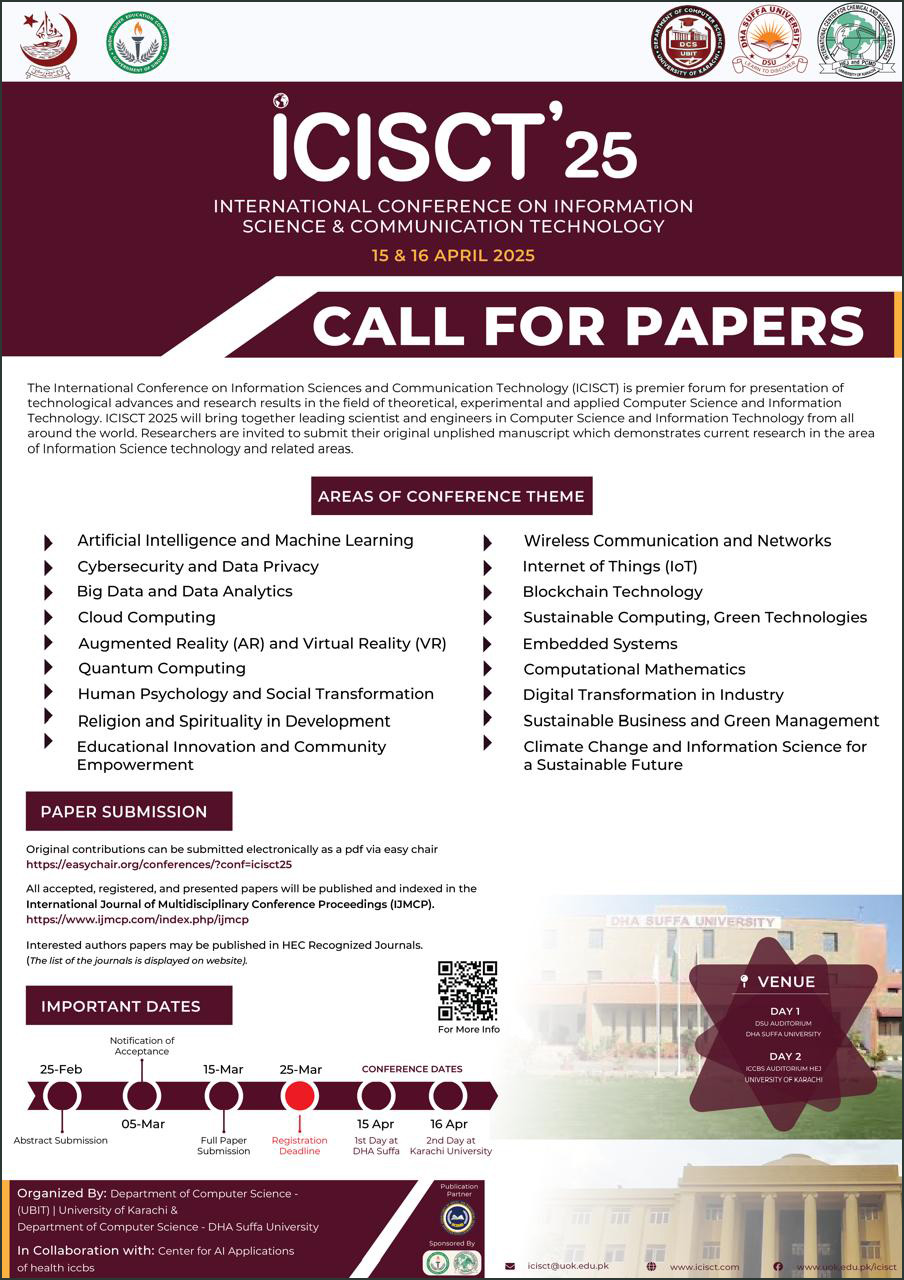Impact of Work-Life Balance and Stress Levels on Job Satisfaction: The Mediating Role of Organizational Culture
Keywords:
Work-Life Balance, Job Satisfaction, Organizational Culture, Employee Engagement, Organizational CommitmentAbstract
The primary objective of this study is to examine the effects of work-life balance and stress levels on job satisfaction, focusing on the mediating role of organizational culture. The research was conducted among non-executive staff at a government bank in Sri Lanka. A sample of 202 respondents was selected for data collection, which involved a combination of bivariate and multivariate analyses to assess the relationships between the variables. The findings reveal a negative and significant relationship between work-life balance and job satisfaction, possibly due to the challenging economic conditions in the country. Economic instability, such as inflation and uncertainty, may have shifted the focus away from achieving a balanced work-life environment. Additionally, the study shows that employee engagement mediates the relationship between work-life balance and job satisfaction. While work-life balance has a negative and insignificant effect on organizational commitment, the results indicate a positive and significant relationship between organizational commitment and job satisfaction. Based on the findings, organizations should focus on developing effective work-life balance policies while enhancing employee engagement and organizational commitment. By doing so, organizations can boost job satisfaction, reduce employee burnout, and improve overall performance.





